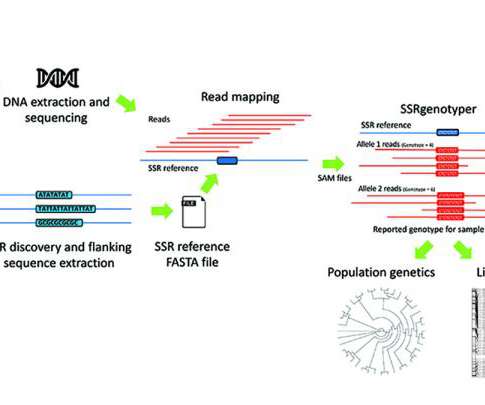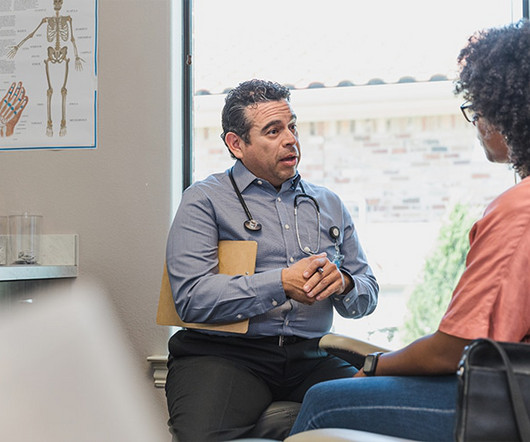SSRgenotyper: A new tool to digitally genotype simple sequence repeats
Scienmag
FEBRUARY 4, 2021
SSRgenotyper: A simple sequence repeat genotyping application for whole-genome resequencing and reduced representational sequencing projects.

Scienmag
FEBRUARY 4, 2021
SSRgenotyper: A simple sequence repeat genotyping application for whole-genome resequencing and reduced representational sequencing projects.

Worldwide Clinical Trials
FEBRUARY 6, 2023
When using genetic screening to identify clinical trial volunteers, a sponsor’s obligations for further testing and disclosure of results to patients and families are unclear, especially when the results have no impact on medical management. Guidance in this area is much needed. Read the full article!
This site is protected by reCAPTCHA and the Google Privacy Policy and Terms of Service apply.

Medical Xpress
JANUARY 5, 2023
National Institutes of Health researchers have published an assessment of 13 studies that took a genotype-first approach to patient care. The study was published in the American Journal of Human Genetics. This approach contrasts with the typical phenotype-first approach to clinical research, which starts with clinical findings.

Worldwide Clinical Trials
DECEMBER 12, 2022
Genetic testing provides patients with a diagnosis for their illness, helps patients and family members to understand risks of developing new diseases, and can be used to support clinical trial advancement. What are the benefits and limitations to using genetic testing? It is important to consider the type of testing performed (e.g.,

pharmaphorum
JANUARY 18, 2023
In 2016, scientists behind a study called the Resilience Project analysed genetic data from 589,000+ people and found 13 adults who carried genetic variants that should have resulted in serious – even deadly – childhood disease, but who were apparently healthy. Giving participants something in return. Navigating the right not to know.

pharmaphorum
JANUARY 24, 2023
Ben Hargreaves finds that the vast amount of genetic data that exists today could help provide a faster, more targeted way of developing new drug candidates. The logical extension to this kind of approach is treating individual patients, with their individual genetic makeup.

XTalks
NOVEMBER 10, 2020
Expeditious and accurate diagnoses are necessary for patients to access healthcare services and treatment options for rare genetic diseases. Increasing the efficiency of case analysis and interpretation is essential to providing timely care for patients with genetic diseases.
Let's personalize your content